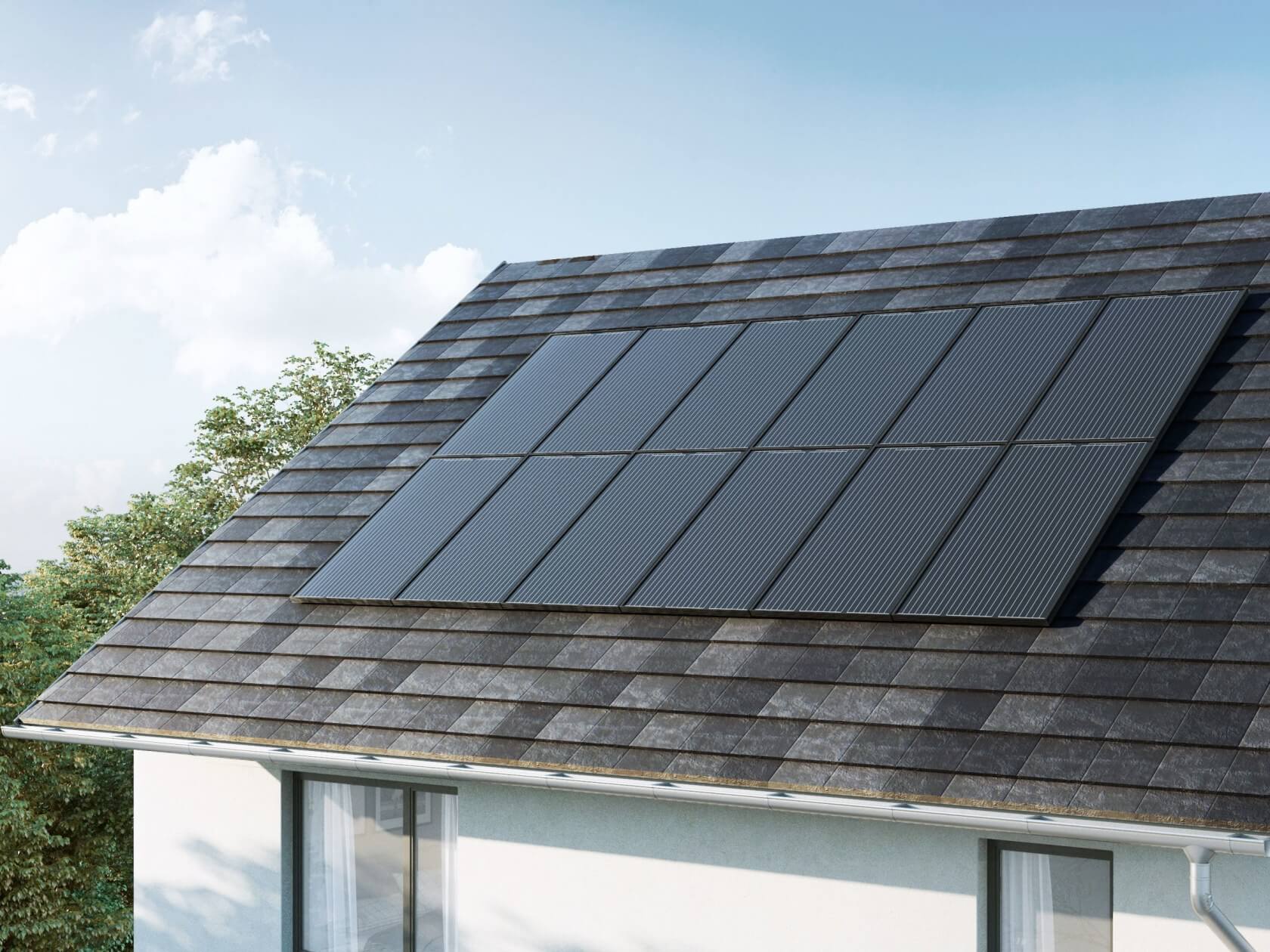Correction (5/2/2019): The New York Times has issued a correction to its original article, noting that the piece "failed to factor in a federal tax incentives impact" on both Tesla's solar cost-per-watt and the national average - the outlet only factored the credit in for the former. As such, Tesla's solar price is up to 16 percent less than the national average, not 41 percent as previously reported. We have corrected our article to reflect this information.
Tesla is struggling in more areas than its car business, according to a report from The New York Times. The outlet says that Tesla's solar panel sales haven't been at their best as of late - but now, the company is hoping to fix that.
The well-known electric vehicle maker will soon be dropping the prices of its solar panels and "related equipment" to equal up to 16 percent less than the national average. Of course, these price cuts are coming with a couple compromises for Tesla and its customers. Perhaps most notably, the company will require would-be solar equipment buyers to place their orders online only. Furthermore, Tesla will be "standardizing" its ordering systems.
If you're not sure what Tesla is referring to with that term, it essentially means the company will now only sell solar systems in increments of 4 kilowatts, instead of the more finely-tuned alternatives it has sold in the past.

Tesla will also save money by reducing labor costs. Apparently, customers will now be required to perform a some of the pre-installation legwork themselves - instead of requiring an employee to physically visit each individual's home to take necessary photographs of electrical gear, customers will take them instead and forward the images over to Tesla.
It's tough to say how well that system will work in practice; Tesla's employees are trained professionals, after all, and even the clearest online directions can easily be misunderstood by an uninformed layman.
Regardless, given that the new costs-per-watt will be around $1.75 to $1.99 for Tesla customers after tax incentives (versus the national average of $2.09), many people probably won't complain too much about the added hassle.
